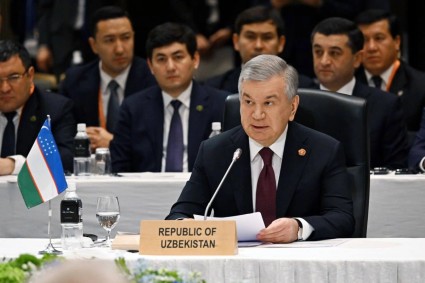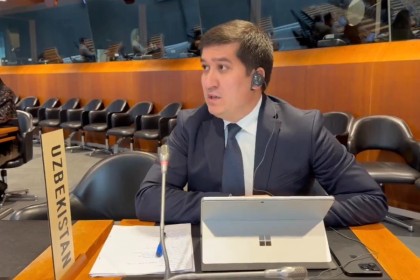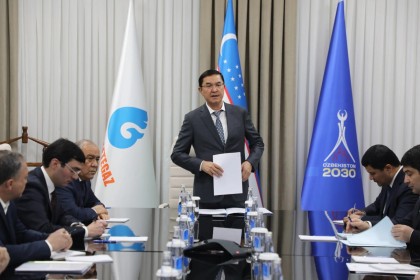Tuberculosis (TB) laboratory experts from Uzbekistan returned today from a U.S.-sponsored study tour of Kazakhstan’s National Center for Tuberculosis and Pulmonology and regional TB laboratories in Almaty and Astana, where they met with Kazakhstani counterparts and shared information on TB testing and laboratory management.
The United States is committed to working with the nations of Central Asia to eradicate this deadly but curable disease. Elimination of TB requires targeted regional and global efforts based on multilateral control mechanisms to ensure adequate data sharing and continuity of care. Knowledge and skills gained through study tours such as this one strengthen TB prevention, detection, and treatment throughout Central Asia.
Representatives of Uzbekistan’s Ministry of Health, the Republican Specialized Scientific and Practical Medical Center of Phthisiology and Pulmonology, and regional laboratories in Bukhara, Karshi, Navoi, and Urgench participated in the study tour under the United States Agency for International Development’s (USAID) TB Control Program.
Partnerships and exchange of expertise are integral to Uzbekistan and Kazakhstan’s national TB programs, which aim to reduce the TB burden through accessible and quality TB prevention, diagnostics, and treatment for all. During the visit, Uzbekistan’s laboratory experts had the opportunity to hone their skills using U.S. manufactured GeneXpert® technology, which allows labs to conduct rapid TB diagnostics and determine effective treatment. Experts from both countries also exchanged expertise in laboratory safety and electronic data recording and exchange.
The United States supports the Republic of Uzbekistan’s Ministry of Health in implementing its National TB Program through the five-year, US$7.6 million USAID TB Control Program, designed to reduce the burden of tuberculosis in Uzbekistan and prevent multidrug-resistant forms of the disease.
The program covers a wide range of activities, including training health care workers to strengthen the health system, improving interagency coordination and cooperation, and increasing access to TB diagnosis and treatment.















